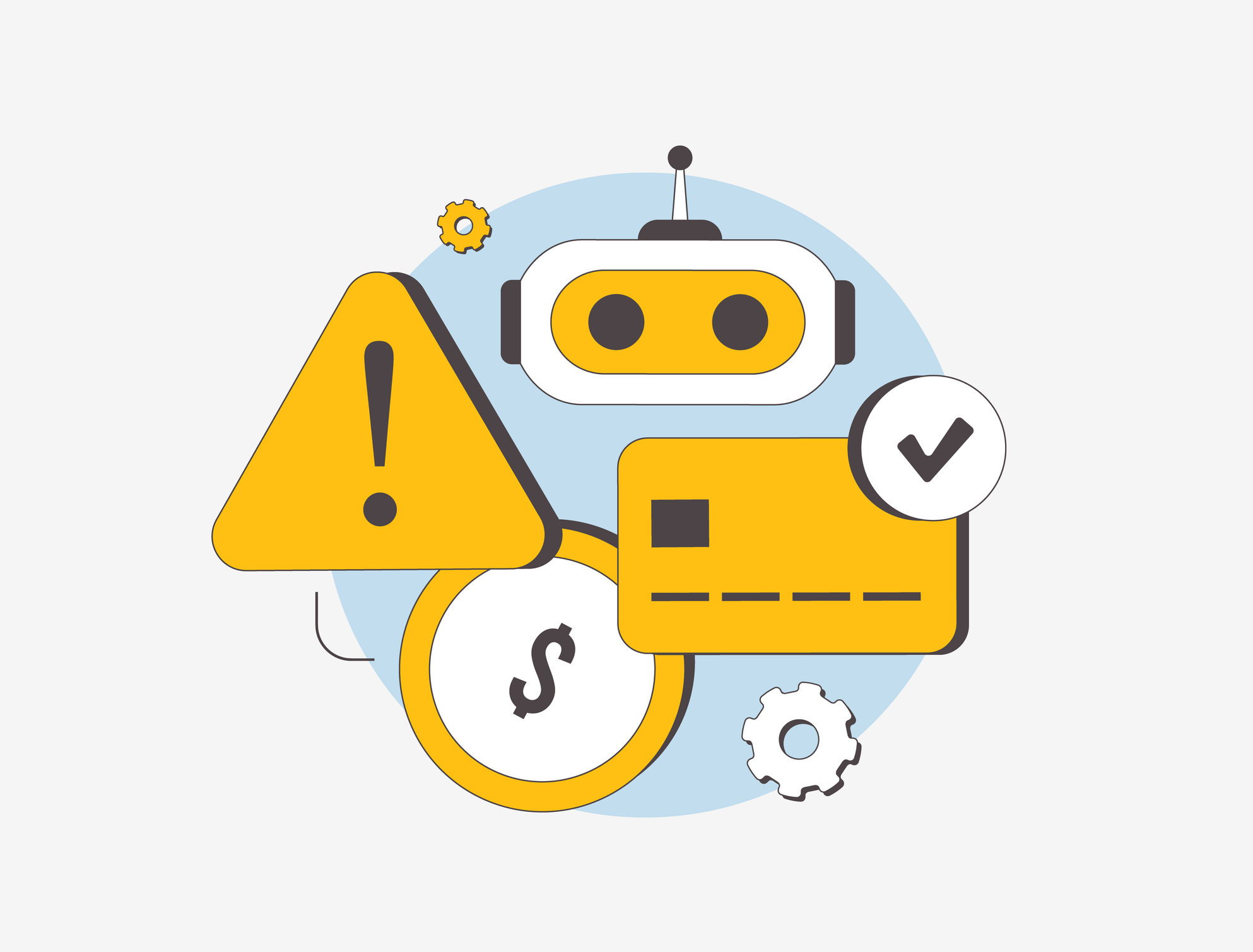Your Financial Data Should Be Free for You; Expensive for Others


Putting consumers back in control of their financial data
In FinTech, as in many other areas of technology, there has been a focus on making legacy products more mobile, more transparent, and less expensive. Financial services providers should go even further on each of these aims, given the relatively low bar.
Traditionally – and still to a greater degree than we’d like today – financial data has been an asset held in the hands of big financial institutions and providers who limit the availability and charge individual consumers a hefty price to access it. For instance, the three big credit bureaus have long-held consumer credit data – needed to secure a new line of credit, car loan, or home mortgage – behind a paywall. It wasn’t until the passing of the Fair and Accurate Credit Transactions (FACT) Act of 2003 that consumers were granted free access to their own credit reports – and still, only once every 12 months (more frequently under specific circumstances). Given the importance of credit report information and the fact that it determines the outcome of very consequential decisions, it seems to us that consumers should have free and unlimited access to their own records.
On a similar note, a recent skirmish over consumer data between big banks and sites like Mint (who have used screen-scraping to gather a consumer’s financial data from multiple sources and present it for personal financial management purposes) has highlighted some of the reservations that larger institutions have in allowing more open access to consumers on their books. While there are legitimate reasons for banks not to want screen-scraping to exist, the underlying consumer value of Mint and others has been impacted by a few big banks’ decisions to move against them. Fortunately, it seems these institutions are working on their own APIs for financial data, but consumers may question if it’s quick enough.
In contrast, other industries have been more visible in utilizing technology to improve access to personal data. For instance, the healthcare sector has rapidly adopted electronic health record (EHR) systems. EHRs offer patients rapid and convenient online access to their personal health information, among many other benefits. This gives patients greater control over their health data, facilitating the tracking of their health and transferring information when seeing a new provider. Moreover, HIPAA (the Health Insurance Portability and Accountability Act of 1996) grants patients the legal right to access their personal health information and places detailed restrictions on fees that providers can charge for medical record requests.
The energy sector is also moving in a similar direction, with more utility companies deploying smart meter infrastructure. As a result, a growing number of consumers now have access to their real-time energy consumption data. This increases transparency over utility bills and helps consumers make more energy- and cost-efficient decisions.
Unfortunately, given some of the complexity and protective instinct that defines parts of the financial industry, we’ve seen fewer major efforts towards transparency and accessibility of consumer financial data. Instead, the credit bureaus continue to sell consumer data to lenders and marketers for profit while blocking consumers from easily accessing their own information regularly. Big financial institutions have yet to provide great APIs for authorized access to their consumer’s financial data. This seems a bit backward.
We’re hopeful that disruption brings an easier flow of data back to consumers between calls for more transparency and startups challenging incumbents. Today, consumers can turn to Credit Karma for free access to credit scores and credit monitoring; Robinhood provides free stock trading. All of these service businesses were built for mobile and transparency, so consumers could make transactions and trades, get alerts and gain insights on the go.
Let’s see if we can’t get more FinTechs and financial services businesses on board.
To learn about Prove’s identity solutions and how to accelerate revenue while mitigating fraud, schedule a demo today.

Keep reading
 Read the article: The Anatomy of a Systemic Failure: The U.S. Banking System as a Conduit for Transnational Crime
Read the article: The Anatomy of a Systemic Failure: The U.S. Banking System as a Conduit for Transnational CrimeThe U.S. banking system is a conduit for transnational crime, with systemic failures in identity verification and a lack of oversight, enabling fraud and money laundering. Read Prove’s call to action for the financial industry.
 Read the article: The GENIUS Act: Unpacking the Regulatory Nuances for AML/CFT and Sanctions Compliance
Read the article: The GENIUS Act: Unpacking the Regulatory Nuances for AML/CFT and Sanctions ComplianceExplore how the recently enacted GENIUS Act will shape the stablecoin industry's regulatory landscape, focusing on the crucial AML, CFT, and sanctions compliance details emerging from upcoming implementing regulations.
 Read the article: Integrating Prove into Complex Systems: What You Need to Know
Read the article: Integrating Prove into Complex Systems: What You Need to KnowLearn essential tips for integrating the Prove Platform into complex systems, covering API patterns, data security, and smooth operation within microservices and legacy environments.












